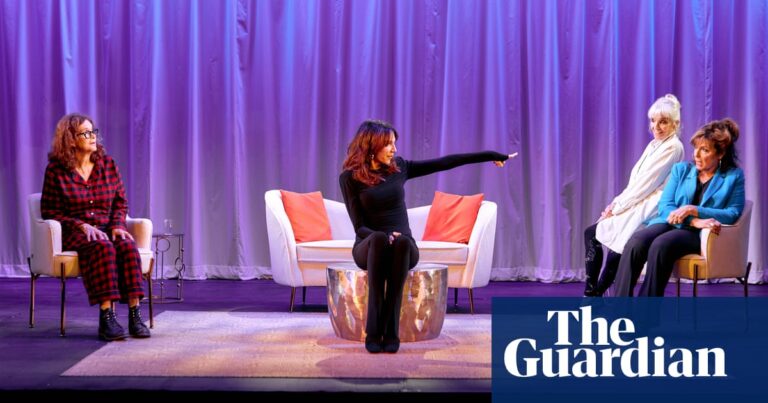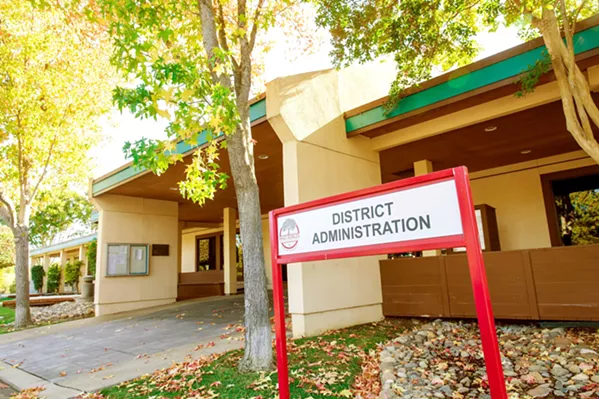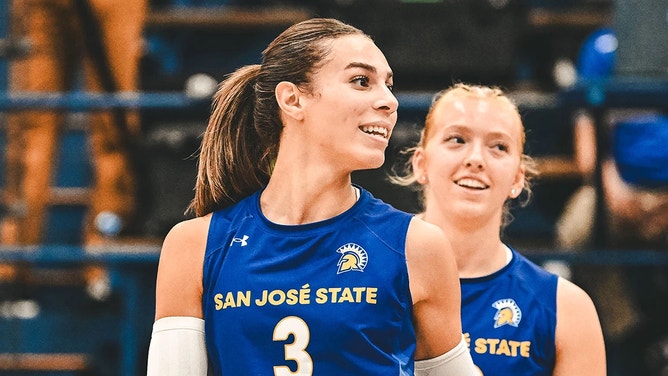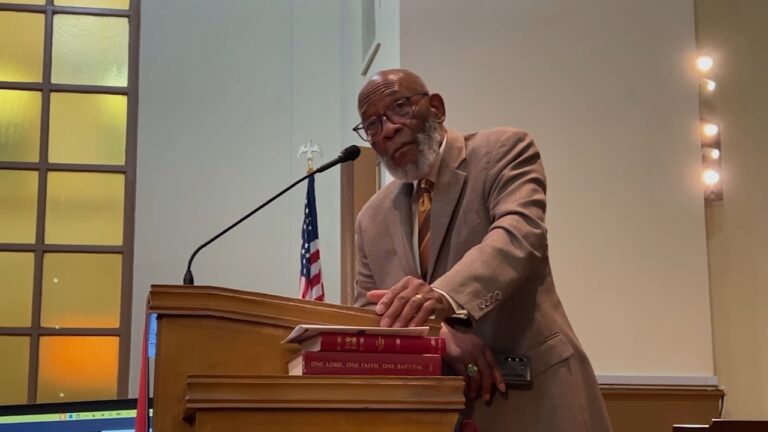Racist Texts Spark Outrage Among Black St. Louis Residents
Outrage in St. Louis: Racist Text Messages Ignite Tension
The heart of St. Louis is once again echoing with outrage and anger. Following the recent discovery of racist text messages among a group of individuals tied to the local community, many Black residents are left feeling outraged and disheartened. But why are these messages inciting such a strong response? What does this mean for the community, and how do we move forward from this darkness? Let’s dig deeper and explore the layers of this troubling situation.
The Unfolding Story
It all began when a set of text messages allegedly exchanged among several individuals in St. Louis came to light. These messages, filled with overtly racist remarks, trivialized the trauma inflicted on the Black community, particularly drawing attention to the historical context of slavery. How could anyone think such comments are acceptable in today’s society? It’s 2024, and the echoes of our past should serve as lessons, not fodder for jokes.
When one of these messages was made public, the reaction was swift. Community leaders, activists, and everyday citizens began expressing their disgust. Social media buzzed, town hall meetings were called, and various groups sprang into action to address the iniquity head-on. No longer could this matter be swept under the rug or ignored.
Understanding the Context
To get to the root of this outrage, we have to revisit the historical context of racism in America. The struggle against racism is not new; it’s woven into the very fabric of our nation. The legacy of slavery, segregation, and systemic oppression has left deep scars, and unearthing these texts is like poking a sensitive bruise that many in St. Louis—and beyond—are still grappling with.
Imagine strolling through a field of wildflowers only to stumble upon a snake lurking in the grass. That’s how many residents feel about the discovery of these texts. On the surface, everything looks fine; beneath, there’s danger lurking. The snake represents not just individual ignorance but a wider cultural issue that refuses to die.
Voices from the Community
Public reaction has ranged from outrage to despair. Local activist groups, in particular, have galvanized the community, demanding accountability from those involved. “This isn’t just about a few bad apples,” remarked one prominent activist during a recent rally. “This reflects a deeply rooted issue in our society. We need to confront it and challenge the hateful narratives.”
Moreover, community members are using this as an opportunity to strengthen their resolve. They’re sharing their stories and experiences, reminding everyone that they are not defined by these racist attitudes. Some went so far as to organize educational seminars, workshops, and forums, transforming their outrage into action.
Leadership’s Response
How are the leaders in St. Louis responding to this incident? Local officials have publicly denounced the messages, but is that enough? Words can inspire, but actions bring about real change. The calls for accountability aren’t just a passing gesture; they highlight the public’s demand for systemic change.
City leaders are realizing that now is the time for active dialogue. They’re starting to initiate conversations around diversity training, community engagement, and cultural sensitivity workshops to ensure that such views are not just silenced but eradicated from the roots.
Looking toward the Future
So, what does this incident mean for the future of St. Louis? This racially charged situation might be a challenging chapter, but it can also serve as a turning point. Communities that come together, even in the face of adversity, often emerge stronger and more unified.
Consider this: just as storms may destroy a few trees but typically lead to new growth and vitality in the forest, the ugly emergence of these racist texts could also pave the way for real conversations about race, identity, and coexistence. Will St. Louis harness this moment to drive meaningful change? Only time will tell.
A Call to Action
If you’re wondering what you can do to help, know that it doesn’t take a grand gesture to make an impact. Here are some actionable steps:
Each of these points may seem small, but collectively, they can lead to sweeping changes. If anything, this incident serves as a rallying cry to galvanize efforts and bridge racial divides.
Conclusion
The recent racist texts unearthed in St. Louis represent more than just shock and outrage; they spotlight the ongoing battle against racism in America. Through community action, education, and open dialogue, we can confront these issues head-on. Let’s transform our pain into purpose and ensure that our collective voice echoes a resounding call for change and justice.
After all, we can’t allow hatred to dictate the terms of our society. We must be the change-makers, the truth-tellers, and the voices for those who can’t speak for themselves. Together, we can foster a community built on respect, love, and understanding.
FAQs
-
What were the contents of the racist texts?
- The texts included derogatory comments that trivialized the history of racism and slavery, reflecting widespread ignorance and insensitivity.
-
How has the community reacted to these messages?
- The reaction has been one of outrage and sadness, leading to protests, meetings, and educational initiatives aimed at raising awareness and fostering dialogue.
-
What actions are local leaders taking in response?
- Local officials are denouncing the texts and initiating conversations about diversity training and community engagement to address the underlying issues.
-
What can I do to help fight against racism in my community?
- Join educational programs, support local activism, engage in conversations about race, and speak out against racist comments and behaviors.
-
Is this incident unique to St. Louis?
- Unfortunately, no. Racism is a pervasive issue across many communities in the U.S., and similar incidents have occurred in various forms nationwide. Each instance, however, can serve as an opportunity for growth and change.
By uniting, we can shift the narrative and build a future free from the shackles of prejudice and hate. Let’s not just react; let’s respond with purpose.







